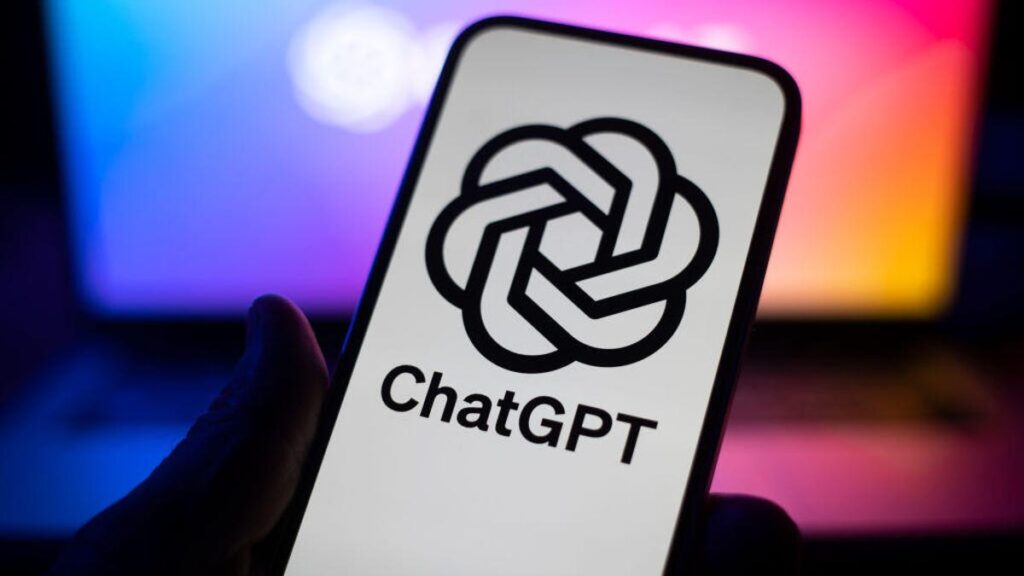
In the rapidly evolving world of artificial intelligence, ChatGPT has emerged as a popular tool for a variety of tasks. From generating creative writing prompts to planning vacations, its versatility is undeniable. However, despite its capabilities, there are certain areas where relying on ChatGPT could lead to significant issues. This article explores 11 scenarios where caution is advised when using ChatGPT.
As a frequent user of ChatGPT, I’ve explored its potential extensively, including how it can assist with creating effective prompts and using its voice mode. While I’m an advocate for its use, I’m also acutely aware of its limitations. It’s crucial for users to recognize these boundaries, especially when stakes are high, such as dealing with medical, legal, or financial matters.
Understanding ChatGPT’s Limitations
ChatGPT, like other generative AI tools, sometimes “hallucinates” information, presenting false data with unwarranted confidence. This is a significant concern when dealing with critical issues like taxes, medical advice, or legal matters.
1. Diagnosing Health Issues
While it might be tempting to input symptoms into ChatGPT for a quick diagnosis, the results can be misleading and anxiety-inducing. For instance, a benign condition like a lipoma could be misinterpreted as cancer. Although ChatGPT can help prepare questions for a doctor’s visit, it lacks the ability to perform physical examinations or order tests.
2. Mental Health Support
ChatGPT can offer basic grounding techniques but is not a substitute for professional mental health support. It lacks the ability to understand body language or provide genuine empathy, which are crucial in therapy. Licensed therapists offer protection through legal and ethical standards that AI cannot replicate.
3. Emergency Situations
In emergencies, such as a carbon-monoxide alarm going off, relying on ChatGPT could be dangerous. The AI cannot detect physical dangers or replace emergency services. In such situations, immediate action is crucial, and ChatGPT should only be used as a post-incident resource.
4. Financial and Tax Planning
ChatGPT can explain financial concepts but cannot provide personalized advice. Its data may not reflect the latest financial regulations, making it unreliable for tasks like filing taxes. Additionally, sharing sensitive financial information with AI could lead to privacy breaches.
Privacy and Legal Concerns
The use of ChatGPT in handling confidential or regulated data poses significant risks. Any data entered into the AI could be stored on third-party servers, potentially violating privacy laws and agreements.
5. Handling Confidential Data
Journalists and professionals dealing with sensitive information should avoid using ChatGPT for summarizing or analyzing confidential documents. The risk of data breaches and violations of privacy regulations is significant.
6. Engaging in Illegal Activities
Using ChatGPT for illegal activities is self-explanatory and should be avoided at all costs.
7. Academic Integrity
While ChatGPT can assist with studying, using it to cheat on assignments undermines educational integrity. Detection tools are improving, and the consequences of academic dishonesty are severe.
Real-Time Information and Creative Tasks
Although ChatGPT can access real-time data through web searches, it is not a replacement for live news feeds or professional advice in dynamic situations.
8. Monitoring Breaking News
For up-to-date news, ChatGPT requires frequent prompts and cannot provide continuous updates. Traditional news sources remain more reliable for real-time information.
9. Gambling and Predictions
While ChatGPT can provide statistical insights, it cannot predict future events accurately. Relying on it for gambling or financial predictions is risky and not advisable.
10. Drafting Legal Documents
Legal documents require precision and adherence to local laws, which ChatGPT cannot guarantee. It is better suited for generating questions for legal consultations rather than drafting binding agreements.
11. Creating Art
While AI can assist in brainstorming creative ideas, using ChatGPT to create art raises ethical concerns about originality and authorship. It is best used as a tool for inspiration rather than a creator.
Conclusion
ChatGPT is a powerful tool with many applications, but users must be aware of its limitations. For high-stakes decisions, professional guidance is irreplaceable. As AI continues to evolve, understanding when and how to use these tools responsibly will be essential.





